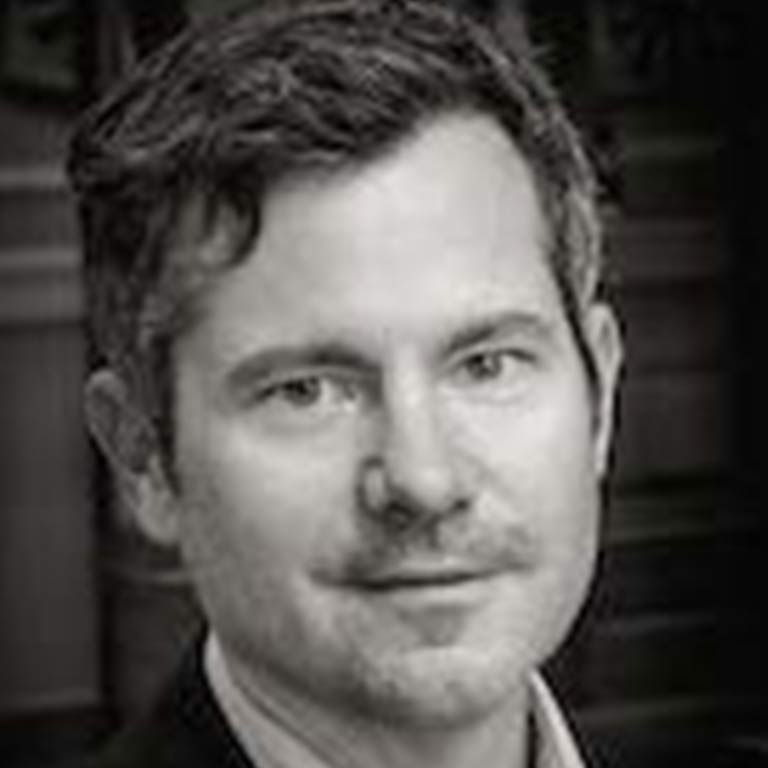Doug Boyd was the last to suspect his passions for both technology and folklore would one day marry in a groundbreaking creation of his own design. Yet, the idea came to him as he sat in a restaurant, and like one struck by genius, he quickly scribbled it down on a napkin. It was on this napkin that Boyd had conceived an incredible leap in technology for archiving everywhere: the Oral History Metadata Synchronizer (OHMS). OHMS is an open source software system for enhancing access to online oral history and field recordings. Boyd led the team that built the system, and since it’s launching, about twelve-thousand oral history interviews are accessed per year by users all around the world. Since it was made open source and free in 2014, institutions in more than forty countries are using this innovative software.
That’s why the National Library of Australia invited him to come and improve upon his invention, as well as give their oral history and folklore archival system a little boost. Not only has his creation been a success, but Boyd received a Fulbright Scholars Research Grant for his trip to Canberra, Australia. He headed south in February of this year and returns in May. The job doesn’t come without its costs, however. “The development of OHMS takes up a growing percentage of my time and my creative energies,” says Boyd. “I have focused a great deal of my research on web technologies and usability.” But the work is worth the cost, as Boyd also shares, “As soon as we release an update, there is an immediate impact. That is pretty gratifying.”
Such gratification could be the hope of any Folklorist or Ethnomusicologist, but Boyd says archive work had not always been in his sights. “While in school,” Boyd admits, “I could never have imagined that I would be working professionally in archives, or even designing and running an open source software company.” Boyd says when he saw the job opening, he hadn’t even heard of such a position as an oral history archivist.
In spite of this, Boyd encourages, “I made it happen, despite the fact that I had very limited archival experience. Your folklore/ethnomusicology degrees can take you anywhere.” He found it a pleasant surprise when his technological interests and folklore training would merge in his career path. He offers his experience as advice and encouragement to up-and-coming folklorists and ethnomusicologists: “Innovation is not about just spending money, it is about creativity, energy, and experimentation. Experiment and don’t be afraid to fail.”

 The College of Arts
The College of Arts